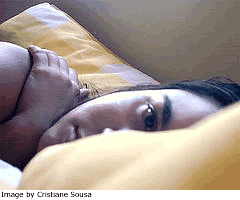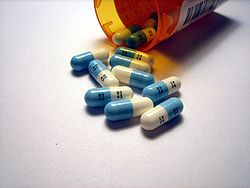 Positive activity interventions (PAIs) offer a safe, low-cost, and self-administered approach to managing depression and may offer hope to individuals with depressive disorders who do not respond or have access to adequate medical therapy, according to a comprehensive review article in The Journal of Alternative and Complementary Medicine, a peer-reviewed journal published by Mary Ann Liebert, Inc.
Positive activity interventions (PAIs) offer a safe, low-cost, and self-administered approach to managing depression and may offer hope to individuals with depressive disorders who do not respond or have access to adequate medical therapy, according to a comprehensive review article in The Journal of Alternative and Complementary Medicine, a peer-reviewed journal published by Mary Ann Liebert, Inc.
More than 100 million people worldwide suffer from depression, and an estimated 70-90% either do not receive sufficient medical treatment, do not respond to therapy, or do not have access to quality care. As a result, there is an immense unmet need for alternative, economical, and effective strategies for treating major and minor depression.
Kristin Layous, Joseph Chancellor, and Sonja Lyubomirsky, PhD, University of California, Riverside, and Lihong Wang, MD, PhD, and P. Murali Doraiswamy, MBBS, Duke University (Durham, NC), reviewed the medical literature covering the effectiveness of PAIs in treating depression. PAIs, such as counting one’s blessings, practicing optimism, performing acts of kindness, and using one’s unique strengths, “teach patients ways to increase their positive cognitions, emotions, and behaviors without professional help,” explain the authors.
They discuss the views of PAIs presented in the literature, propose models for how PAIs might relieve depression and describe how it might be possible to translate the potential benefits of PAIs into clinical treatments for patients with depressive disorders. The authors also propose goals for future research on PAIs.
“This is ground-breaking work of global significance. It applies in all cultures at all times but especially in our pharmaceutically dominated culture of dependence. Because it is in many ways common sense, it is all the more important to have scientific validation and more low cost highly effective means to help people submerged in the sea of depression,” says Journal Editor Kim A. Jobst, MA, DM, MRCP, MFHom.
Source: “Delivering Happiness: Translating Positive Psychology Intervention Research for Treating Major and Minor Depressive Disorders”



